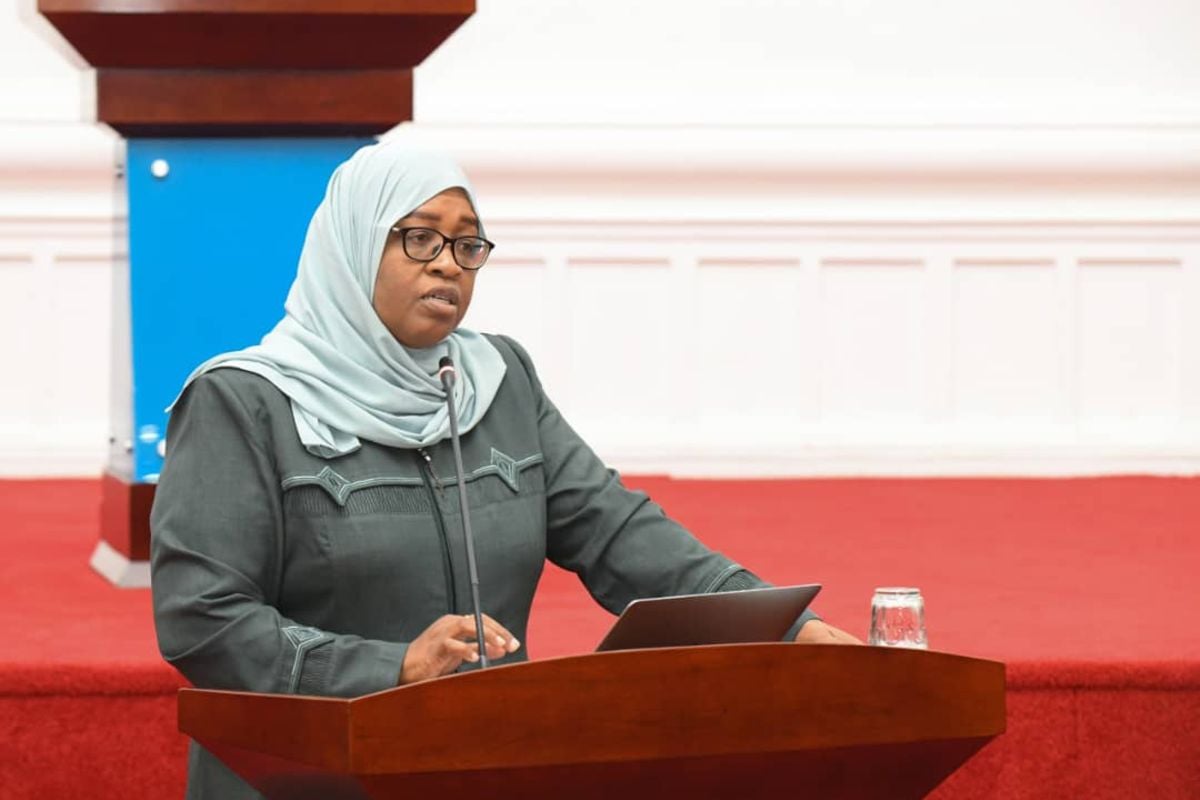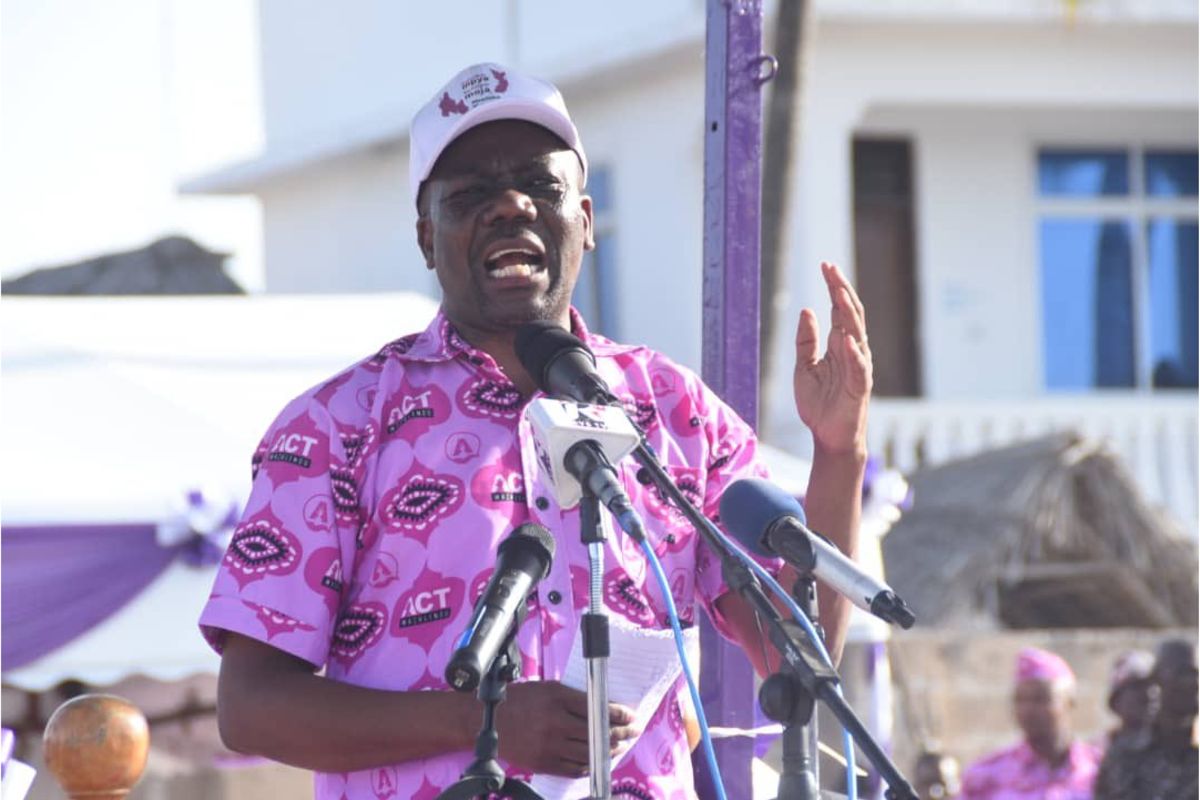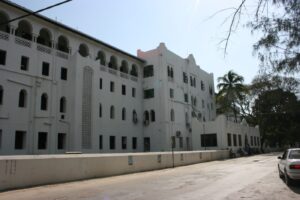
Unguja. Wakati Serikali ya Mapinduzi ya Zanzibar (SMZ) ikitoa mwelekeo wa bajeti ya mwaka 2025/26 kufikia Sh6.8 trilioni, imetaja vipaumbele katika utekelezaji wake.
Makadirio hayo ni ongezeko la Sh1.621 trilioni sawa na asilimia 31 ikilinganishwa na bajeti ya mwaka 2024/2025 ya Sh5.182 trilioni.
Hayo yameelezwa na Waziri wa Fedha na Mipango, Dk Saada Mkuya leo Jumatano, Februari 26, 2025 wakati akiwasilisha mwelekeo wa mpango na bajeti ya mwaka 2025/26 katika mkutano wa 18 wa Baraza la Wawakilishi.
Makadirio hayo yanatokana na mageuzi ya sera mikakati ya upatikanaji wa mapato ambayo Serikali imepanga kutekeleza kwa mwaka wa fedha 2025/26.
Dk Mkuya amesema makadirio ya mapato yamezingatia uwezo wa ukusanyaji wa mapato ya ndani kulingana na vigezo na shabaha za kiuchumi zilizopo sambamba na maoteo kutokana na ahadi kutoka kwa washirika wa maendeleo kupitia utekelezaji wa mpango wa maendeleo na mikakati ya kitaifa.
Kati ya fedha hizo, Sh2.104 trilioni zimekadiriwa kukusanywa kutoka vyanzo vya ndani na Sh2.460 trilioni mkopo wa ndani na nje kwa ajili ya utekelezaji wa miradi ya maendeleo.
“Sh1.966 trilioni kutoka kwa washirika wa maendeleo ikiwamo mikopo ya Sh1.429 trilioni, misaada Sh416.64 bilioni na Sh120 bilioni ni misaada ya kibajeti,” amesema Dk Mkuya.
Amesema hali ya utegemezi wa bajeti ya SMZ inaendelea kushuka kutokana na kuimarisha ukusanyaji wa mapato ya ndani.
Amesema kiwango cha utegemezi kwa mwaka 2025/2026, kinakadiriwa kufikia asilimia 6.1, kiwango hicho bado ni himilivu.
“Ofisi ya Rais Fedha na Mipango itaendelea na jukumu la utafutaji wa rasilimali fedha ili kugharamia mpango mkakati ya Serikali hususan miradi inayochochea kasi ya ukuaji wa uchumi na kuhakikisha uhimilivu wa deni la Serikali unaendelea kwa kiwango kinachokubalikawa,” amesema Dk Mkuya.
“Serikali ya Mapinduzi ya Zanzibar imeshafungua dirisha la kutoa hati fungani ya SUKUK kwa ajili ya soko la ndani, Watanzania, kampuni na taasisi mbalimbali za kiraia kupata fursa ya kuwekeza katika hati fungani hiyo.”
Maeneo ya kimkakati
Dk Mkuya ametaja maeneo matano ya kimkakati ambayo ni kutumia fursa za uchumi wa buluu, kuimarisha mageuzi ya kiuchumi, mazingira wezeshi na kuimarisha miundombinu na kukuza uwezo wa watu na maendeleo ya jamii pamoja na kumarisha utawala bora na uhimilivu.
Akizungumza katika fursa za uchumi wa buluu, Dk Mkuya amesema Sh471.17 bilioni zitatumika kutekeleza programu na miradi ikiwamo kuendeleza miundombinu ya ujenzi wa bandari jumuishi ya Mangapwani, utanuzi wa bandari za Mkoani na Shumba, ujenzi wa bandari na jengo la abiria eneo la Mpigaduri na ujenzi wa Bandari ya Kizimkazi na ya uvuvi Shumba.
Amesema Serikali itaimarisha uvuvi na rasilimali za bahari ikiwamo upatikanaji wa meli za uvuvi na ujenzi wa viwanda vya kuchakata na kuhifadhi mazao ya bahari.
Dk Mkuya amesema Serikali itaendelea na kasi ya kuimarisha miundombinu wezeshi ya anga na nchi kavu, maeneo yenye hoteli za kitalii sambamba na kuimarisha miundombinu ya uzalishaji usambazaji na uunganishaji wa umeme na upatikanaji wa majisafi na salama.
“Katika kuhakikisha Taifa linakuwa na uchumi wa kidigitali, Serikali itaendelea kuimarisha miundombinu ya mifumo ya mawasiliano ya kidigitali na miundombinu katika maeneo tengefu ya viwanda, biashara na maeneo huru ya kiuchumi ili kuwavutia wawekezaji wa ndani na nje ya nchi,” amesema.
Kuimarisha uzalishaji katika sekta ya kilimo kwa kuyafanyia kazi mageuzi ya kilimo hapa Zanzibar ili kuongeza uzalishaji kuendeleza miundombinu ya uzalishaji na uhifadhi wa chakula kushajiisha kilimo cha mazao mbadala ikiwemo kilimo cha viungo kwa ajili ya usafirishaji.
Source: mwananchi.co.tz













